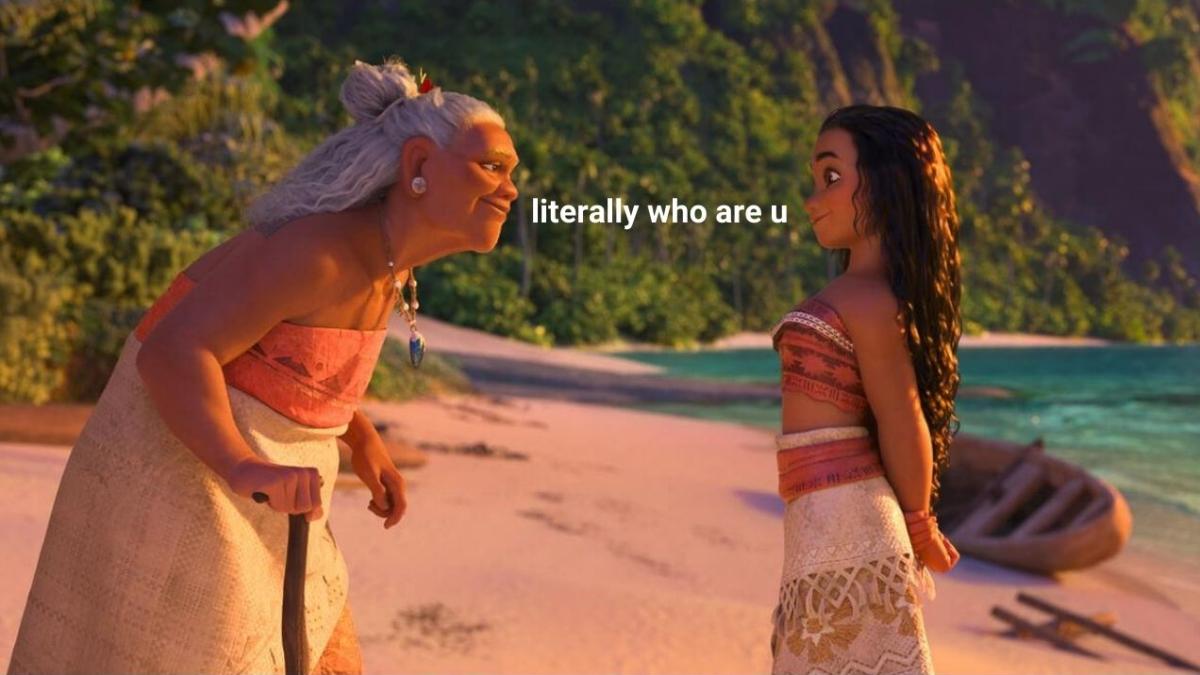
Over on Instagram, a friend shared a photo of a plate of uncooked hand-made dumplings. Plated in a delicately artistic spiral pattern, they shared over text that it’s a recipe handed down from their a-ma (Taiwanese for grandma). Every year, another pal shares photos of their family’s vampiric “blood soup,” a dark red-coloured soup made from beetroot that’s part of Polish Christmas tradition. Another simply shared a TikTok of a new chaotic pasta dish and joked: “my nonna is screaming at this.”
When we’re young, our grandparents teach us about our culture, our family’s values, customs, and traditions. When our parents are out working and providing for us, our grandparents are the ones teaching us how to make the best homemade sauce, or about the quirky customs and handed down relics that define our family’s history, and the traditional dances and phrases embedded in our culture and community. For a lot of second and third-generation Aussies, it’s that influence that shapes our cultural identity beyond the one that’s just Australian.
So, what happens when you grow up without your grandparents in your life? Well, if you’re anything like me, you develop a confusing sense of cultural identity.
I never knew my grandparents. All four of them.
In a tragic turn of events, my father passed away shortly after I was born and his parents left this Earth not long after that. My mum’s parents, one of whom suffered from dementia and the other had their legs amputated, passed away before I was six.
My only vague memory of my “nonna” is seeing kangaroos hopping outside her nursing home and grabbing Macca’s on the long drives home.
The only remaining members of my family left are my mother and an uncle on my dad’s side who lives in Queensland. Unsurprisingly, growing up, my mum was too busy taking care of us to teach me about my grandparents and Italian culture. She was more focused on making sure we still had a roof over our heads. And, as far as my dad’s side of my heritage is concerned, while I would visit my uncle every year as a teen, I’ve never had the kind of relationship with him where I felt like I could freely ask about my father and grandparents.
Despite being half-Italian and the only parent in my life being fully Italian and raised by first-generation Italian migrants, I don’t feel comfortable identifying as an Italian-Australian. Sure, I like to make jokes about adding aggressively generous drops of olive oil to meals and using the pinch hand emoji, and cook a lot of pasta, and have a half-Italian double-barreled surname, but very few of these things are actually tied to my family’s heritage.
Not knowing the first thing about your family feels weird, especially when some of your friends make their cultural heritage such a big part of their identity. That’s not a criticism to them, just an observation that only magnifies my own estranged ties to my culture. But, despite my Instagram feed, I suspect I’m not the only young Aussie who feels this way about where their family comes from.
According to data acquired by the Australian Bureau of Statistics in the 2016 Census, one-third of the Aussie population were not born in Australia. Nearly half of us were either born overseas or had one or two parents who were born overseas. What that tells us is not only is our nation one of multiculturalism but that we young Aussies are a product of our nation’s identity.
Our parents stem from places all around the world (including First Nations Peoples around the nation we call Australia). They come from rich communities full of dialects and cultures. There’s a lot that makes up who we are and where our parents came from.
But, when so many of our parents and grandparents came to this country fleeing from war, persecution, or economic refuge, I would wager that not many of our elders are still around. For some of us, we weren’t lucky enough to grow up with our grandparents and because of that, we weren’t given the opportunity to learn about our culture. Instead, we had to learn what we can from others of similar cultural backgrounds and absorb their experience as our own.
It’s an interesting conversation to have: how do you connect with people who are supposed to be fundamentally part of your childhood and your cultural identity, when you never truly met them? Your parents can tell you stories, sure, but hearing is a lot different from experiencing it first-hand.
Growing up in a multicultural society but without a culture of your own feels weird, too. Whether because of my queerness or lack of cultural identity, I felt this constant feeling of otherness at school. I wasn’t Italian or ethnic enough to be seen as “wog” by the self-proclaimed “wog squad,” but wasn’t really welcomed by the white Australians from the Sutherland Shire, either.
Instead of connecting with my family’s culture, I’ve leaned heavily into my queerness. As someone without real ties to their family, I love the idea of self-expression and individuality that comes from the LGBTQIA+ community. In fact, it almost feels like it was made specifically for me. Here, as a person who doesn’t feel like they belong to the cultures tied to their family names, I’ve carved my own sense of belonging and identity.
Now that my mum is nearing her retirement, she’s spending more time teaching me about our cultural identity and her parents. But, it feels a bit too little too late. At 24 years old, I’ve already become the person I am. I’ve developed my own sense of cultural identity, one that’s deeply rooted in my queerness and tragically estranged from my actual cultural heritage. To me, her family will always be hers and not mine. And, I kinda hate that for me, to be honest.



